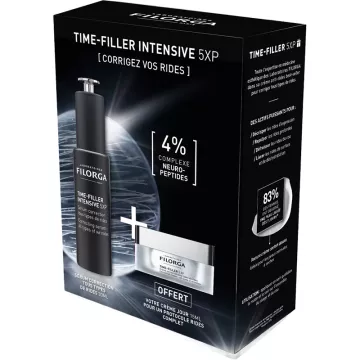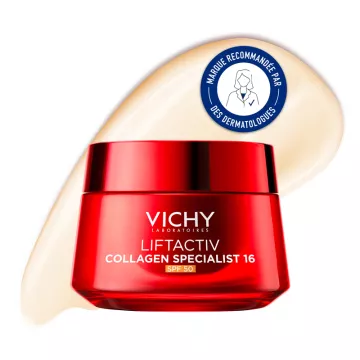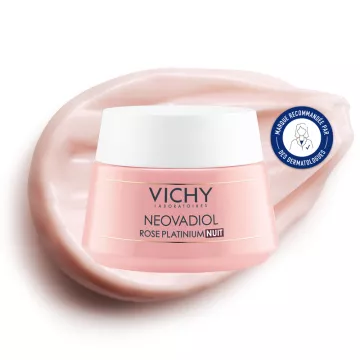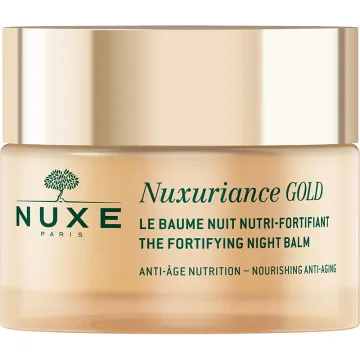



What signs of skin aging should I look out for?
Signs of aging skin are often obvious, and can vary from person to person depending on various genetic and environmental factors. The most common include wrinkles and fine lines, mainly around the eyes and mouth, a loss of elasticity, a less smooth skin texture and pigmentation spots called age spots. Sagging skin and a reduced ability to retain moisture are also common signs.
How to choose the best skincare products for mature skin?
When choosing products suitable for mature skin, it's crucial to look for formulas enriched with antioxidants, peptides, retinol and hyaluronic acids. These ingredients are vital to fighting the signs of aging, as they help repair skin, stimulate collagen production and maintain hydration. Choose products specifically formulated for aging skin, as they often contain higher concentrations of these essential active ingredients.
What daily skincare routines do you recommend for mature skin?
An effective skincare routine for mature skin should include cleansing, moisturizing and sun protection in the morning. In the evening, cleansing followed by the application of products containing active ingredients such as retinol or alpha-hydroxy acids is recommended to promote nocturnal cell renewal. Nutrient-rich serums and creams are also recommended to maximize skin regeneration and hydration overnight.
How do nutrition and hydration influence the appearance of mature skin?
Nutrition plays a crucial role in skin health at all ages, but is particularly important for mature skin. Eating antioxidant-rich foods such as berries, nuts, green vegetables and oily fish can help protect skin from free radical damage and promote a more youthful complexion. Hydration is also essential; drinking enough water helps maintain skin elasticity and vitality.
What professional treatments are recommended for mature skin?
For those seeking more pronounced results, professional treatments such as chemical peels, microdermabrasion, and laser therapies can be beneficial. These treatments help reduce the appearance of wrinkles, improve skin texture, and increase collagen production. It's important to consult a dermatologist or skin care professional to discuss options tailored to your specific skin type and concerns.
What role does collagen play in the health of mature skin?
Collagen is a vital protein that helps maintain skin structure, elasticity and firmness. As we age, collagen production declines, leading to sagging skin and the appearance of wrinkles. To support collagen production in mature skin, we recommend using products enriched with vitamin C, peptides and retinol, which stimulate collagen synthesis and improve skin resilience.
Can the signs of skin ageing be reversed?
While it's impossible to completely halt aging, it is possible to reduce and sometimes reverse certain signs of cutaneous aging through a combination of appropriate skin care, adequate nutrition and dermatological treatments. Regular use of anti-aging creams, serums and specific treatments such as laser resurfacing can significantly improve the appearance of wrinkles, skin texture and elasticity.
How can mature skin be protected from sun damage?
Protection against sun damage is crucial for mature skin. Daily use of a broad-spectrum sunscreen with an SPF of 30 or higher can prevent further UV damage, which accelerates skin aging and can lead to pigmentation problems. It's also advisable to wear wide-brimmed hats and protective clothing during prolonged exposure to the sun.
How important is exfoliation for mature skin?
Exfoliation helps remove dead cells from the skin's surface, promoting a brighter complexion and smoother texture. For mature skin, it's beneficial to incorporate gentle exfoliation into the skincare routine, using products based onalpha-hydroxy acids (AHAs) orenzymes that dissolve the bonds between dead cells without abrasive friction. This also helps improve the efficacy of moisturizers and treatments by enabling better absorption.
Do hormones affect the health of mature skin?
Yes, hormonal changes can greatly affect skin, particularly during and after the menopause. Lower estrogen levels can lead to loss of elasticity, increased dryness and thinning of the skin. To counter these effects, we recommend the use of creams and serums enriched with phytoestrogens, hyaluronic acid and ceramides, which can help restore skin hydration and firmness.